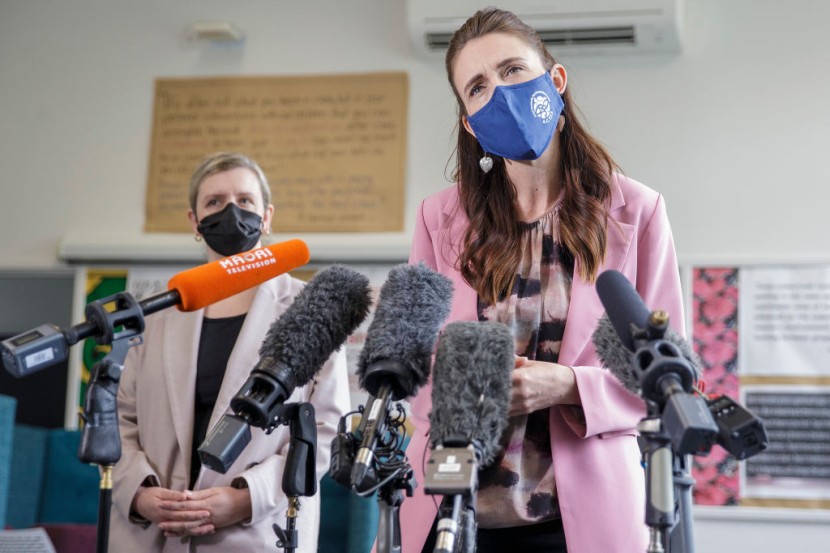
The New Zealand government is planning to reopen its international borders by the end of April 2022 without requiring travelers to go into hotel quarantine after adapting a new coronavirus strategy.
However, the country's plan to reopen global travel into the region will come with significant restrictions, including a mandatory seven-day home isolation period. Authorities will also require travelers to take tests on departure and arrival.
New Zealand's Border
New Zealand's border will slowly open in stages to various countries worldwide, with fully vaccinated New Zealanders and visa holders being allowed to travel from Australia starting from Jan. 16. On the other hand, travelers from other countries will be allowed to enter the region starting on Feb. 13. Lastly, foreign nationals will be allowed to travel to New Zealand starting from Apr. 30.
For weeks, experts have questioned authorities' decision to mandate new arrivals to quarantine despite the virus already being in the community. They also argued that international arrivals did not pose additional risk. For example, no fully vaccinated travelers coming from Australia tested positive for the infection during New Zealand's hotel quarantine system since Aug. 23, the New York Times reported.
Read Also: Evolution of Delta-Like Strain COVID-19 Variants Will Affect Transmission, How Well Vaccines Protect
The announcement of the plan was made on Wednesday during a news conference attended by various government officials. In a statement, Chris Hipkins, New Zealand's COVID-19 response minister, said that the phased approach was the safest way for the region to reconnect with the rest of the world.
The official added that the system mitigated potential impacts of vulnerable communities and the New Zealand health system. The situation comes after the country has had one of the strictest responses against the coronavirus pandemic which has resulted in major success, having only 10,000 confirmed cases and 40 deaths since the beginning of the health crisis, The Hill reported.
Coronavirus Strategy
The border shutdown started in March 2020 and was made as part of New Zealand's plans to completely stomp the coronavirus out of the region. The early lockdown measures successfully kept the infection at bay, only failing to fully contain the highly contagious Delta variant that was the cause of an outbreak in August 2021.
Prime Minister Jacinda Ardern in October said that the country would drop its zero-COVID strategy and start accepting the possibility that they may have to live with the infection. While the region has recorded significantly fewer cases and deaths, roughly one million New Zealanders who live overseas, about 600,000 of which were in Australia, have not seen their loved ones in nearly two years, CNN reported.
Roughly 84% of New Zealand residents aged 12 years and older have been fully vaccinated against the coronavirus. Hipkins also said that it was encouraging to see the country was now in a position to slowly move towards greater normality. However, he argued that travel conditions in 2022 will not be the same as how they were during the time before the pandemic.
The announcement also revealed that the country's largest city, Auckland, will soon lift its lockdown restrictions and reconnect with the rest of the country.
Related Article:
New Zealand To End Lockdowns, Shifts to New Strategy of Living With Coronavirus Starting Dec. 2
© 2026 HNGN, All rights reserved. Do not reproduce without permission.








